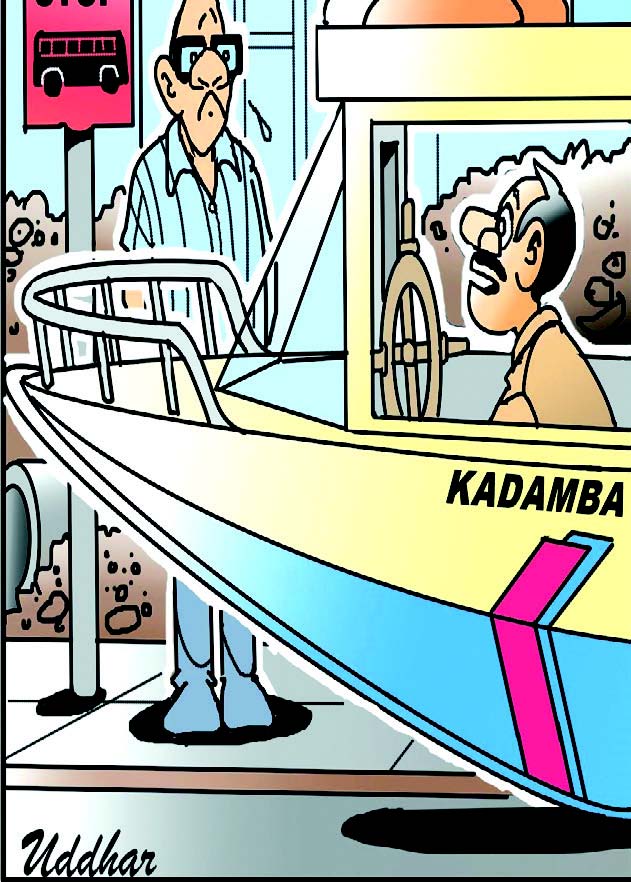21 Oct 2017 | 01:36am IST
Reclaim Apna Ghar by taking criminal action against rogue caretakers
Apna Ghar, literally meaning “our home” continues to be a house of horrors. The state-run home for houses, protecting and reforming juveniles in conflict with law, and women in distress or victims of crime which needed protection, is now replete with stories of inmates becoming victims of double jeopardy, the first when they are involved in crime and taken into protective custody and the second when they get treated poorly or their health concerns not met.
Apna Ghar, literally meaning “our home” continues to be a house of horrors. The state-run home for houses, protecting and reforming juveniles in conflict with law, and women in distress or victims of crime which needed protection, is now replete with stories of inmates becoming victims of double jeopardy, the first when they are involved in crime and taken into protective custody and the second when they get treated poorly or their health concerns not met. This has emanated from the statements given by one of the inmates to the police.
But while these may be symptoms of a larger malaise, the realisation that the disease in Apna Ghar isn’t akin to an ordinary flu, but far more serious, hasn’t set in. At the heart of it lie two broad areas of critical concern. Firstly, the security and protection of inmates, is nowhere near the levels recommended by the Levinson Martins committee, which was asked to probe into the working of Apna Ghar, including the nexus between caretakers and officials and criminals and give recommendations. Secondly and perhaps even more serious is the absolutely porous and seamless connectivity between some of the inmates and outside forces who lure them for criminal activity.
The uneasiness, coupled with some fact, that this continues to be the situation, five years after the Levinson Martins Committee probe report was submitted, is palpable. The report had concluded that caretakers of Apna Ghar allow juveniles to use their mobile phones to contact people outside to arrange for their escape. One caretaker allowed his Facebook account to be used by juvenile inmates to get messages from outside. Inmates planned escapes by arranging gas cutters, clothes and vehicles, with all planning and execution engaged via Facebook. Contact numbers were also shared through Facebook.
The security and safety recommendations, as we have mentioned in our front page report in this edition, included checking and frisking of staff and visitors, ban on the use of mobile phones, strengthening security around Apna Ghar, illumination around the campus and dormitories, separate infrastructure for boys and girls, additional security at the main gate and night watchman, proper food for children and basic amenities in place.
But everyone needs to step back and ask what good are recommendations when caretakers, under whose watch the juvenile are kept, turn rogue. When protectors turn rogue, the most fool proof security apparatus is bound to collapse.
Apna Ghar needs both surgery and purging. Its security and other systems need to be literally dismantled and rebuilt. More importantly, the people appointed as caretakers and in other important positions need to pass a severe litmus test of honesty and discipline before they are allowed anywhere near juvenile children in conflict with law or victims.
Above all, severe criminal action should be initiated against those caretakers and perhaps others in the know for abetting criminal activity by helping juveniles escape. This has to be done very swiftly, now that the government is keen to act.
Most critically, the Levinson Martins Committee report should be accepted in toto and implemented in lightning quick time. It’s heartening to see Women and Child Development Minister Vishwajit Rane take this issue with the seriousness it deserves, unlike his predecessors, and state that the government is on the verge of accepting the committee report. This itself should help in turning things around.
